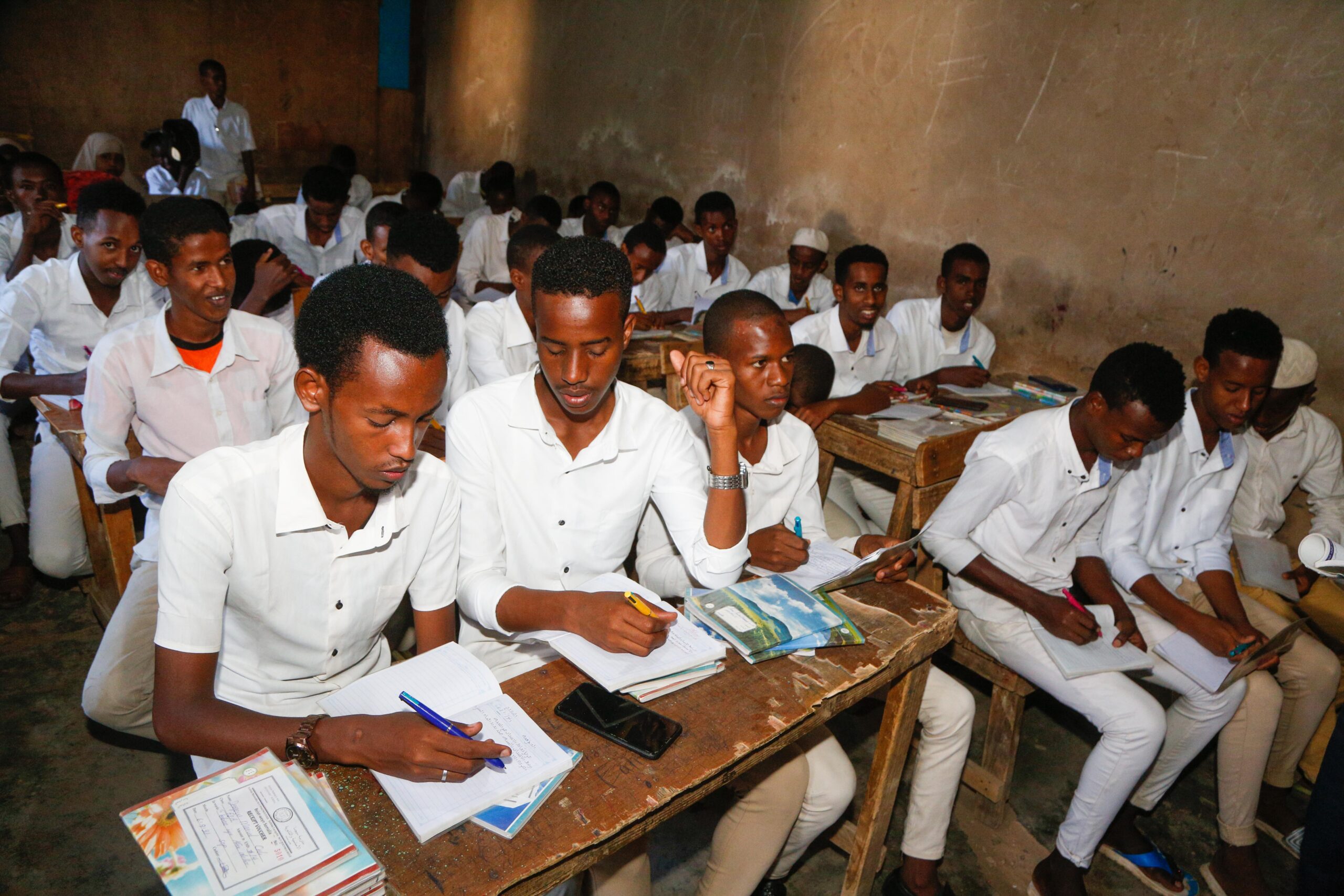In August 2024, the International Labour Organization reported that the unemployment rate among youth in Sub-Saharan Africa stood at 8.9 percent. This huge percentage shows that many young Africans cannot get decent jobs, which deepens poverty, promotes inequality, and ultimately reduces the region’s chances of achieving greater economic freedom. To combat youth unemployment, governmental agencies, education experts, academics, and employers of labor must collaborate to reform tertiary education curricula to meet current and future needs. Private companies should work with public higher institutions to create internships and job opportunities. These job opportunities will enable unemployed, qualified young Africans to gain requisite exposure and work experience. Also, this public-private partnership should strategically invest in technical and vocational education and training (TVET) to equip young people with the skills required to drive the region forward.
African governments must work with other education stakeholders to overhaul tertiary school curricula in their countries. This reform should prioritize integrating digital literacy, artificial intelligence, and social entrepreneurship into the curricula because these subjects drive the modern economy. The modern economy thrives on technology-enhanced innovation. For instance, in 2022, Rwanda integrated tech skills such as coding and soft skills like problem-solving into its school curriculum. This reform spurred a tech-savvy workforce with industry-relevant skills to meet the demands of the modern job market. It also empowered young people to create local businesses, reducing unemployment and fueling economic freedom. Today, Rwanda is one of Africa’s fastest-growing economies, according to the African Development Bank Group. If other African countries follow suit, this development can catalyze economic freedom for the continent.
The public-private partnership should extend to strategic investment in TVET to equip young people with the skills required to drive Sub-Saharan Africa’s economic development.
Education reforms in Africa must also prioritize training and equipping school teachers and other educators with modern teaching skills such as internet research, learning management systems competence, and sector specialization. As African schools’ curriculums are reviewed, teachers must constantly enhance their skills to guide students effectively.
Beyond integrating tech skills into its curriculum, Rwanda also prioritized teacher preparation. This preparation involved equipping educators with modern pedagogical strategies, continuous professional development, and access to digital teaching resources. By strengthening teacher training programs, the country ensured that instructors could effectively integrate technology into their lessons and foster a more interactive learning environment. These are steps other African countries should take to transform the education sector.
Also, schools can collaborate with private companies to offer internships, skill-specific training, and job placements for qualified young people. This collaboration could lead to joint research initiatives and knowledge exchange to provide students with real-life, practical knowledge. Such a collaboration would allow industry professionals to guide students on the practical application of the subjects taught in the classroom. At the same time, there will be insights into current market demands. For example, South Africa’s Government Youth Employment Service program allows the government to collaborate with the private sector to provide internship placements for young people. If this model is adopted in other African countries, more young people could become gainfully employed.
Furthermore, the public-private partnership should extend to strategic investment in TVET to equip young people with the skills required to drive Sub-Saharan Africa’s economic development. TVET shifts the focus from purely academic knowledge to market-ready skills, which can help the region make the most of its natural resources. By equipping young people with specialized expertise in areas like manufacturing, agriculture, and technology, TVET enables them to harness natural resources, drive economic growth, and create jobs.
Indeed, this transformation will improve Sub-Saharan Africa’s competitiveness in the global economy. Through TVET, African nations can create a pipeline of job-ready workers. This investment in TVET can also indirectly foster entrepreneurship, as young people with technical skills can start small businesses in key industries.
Aligning education with job market demands is not only a path to individual prosperity but also necessary for Sub-Saharan Africa’s economic freedom. The region’s youth population is a powerful asset for greater economic prosperity, but economic freedom will forever remain a mirage without urgent education reforms. The time to act is now.
Oyindamola Osinubi is a writing fellow at African Liberty.
The article first appeared in Business Day.
Photo by AMISOM via Iwaria.

